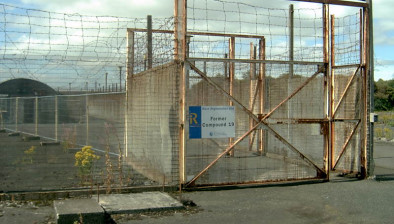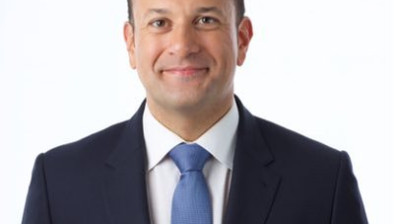UK: Lord Hodge suggests computers could be given legal personality

Lord Hodge
Computers could be given separate legal personality to cope with the use of advanced technology in commerce, a Supreme Court justice has suggested.
In the First Edinburgh FinTech Law Lecture at the University of Edinburgh, Lord Hodge said there was no reason why the law could not confer legal personality on computers.
“English law has for a long time allowed an office occupied by a natural person to be a corporation sole, the separate legal personality of a ‘one-person’ company has been recognised since 1897,” he said.
He also cited its use in India to recognise the legal personality of a ruined temple “which was little more than a pile of stones”.
Machines would be able to own intellectual property and be themselves owned by financial institutions, which would affect their status within the law of obligations.
Lord Hodge said: “That institution’s licence or the general regulatory law could impose on the firm responsibility for any malfunction, if, for example, it had been involved in the design of the algorithm.
“The law could confer separate legal personality on the machine by registration and require it or its owner to have compulsory insurance to cover its liability to third parties in delict (tort) or restitution. And as a registered person the machine could own the intellectual property which it created.”
The judge touched on how delict/tort would need to change if Fintech is developed to optimise contractual transactions.
“Taking the most common form of delict, the law of negligence, how does one develop concepts akin to the neighbourhood principle in Donoghue v Stevenson and the carefully crafted rules by which judges have developed the common law to place boundaries on the involuntary obligations which the law imposes? Sadly, it is not just a matter of the reasonable bot on the San Francisco tramcar replacing the reasonable man on the Clapham omnibus – these are just legal abstractions,” he said.
Lord Hodge added: “Ulpian’s three classical legal precepts - ‘to live honourably, to injure no one and to give everyone his due’ - can provide a basis for the regulation and self-regulation of human activity. In the law of negligence, reasonable foresight and proximity – the neighbourhood principle - have fixed the boundaries of involuntary obligation in many contexts.”
He also raised the challenges that will need to be overcome if Fintech is to integrate with commercial law.
“But how do you impose liability and give compensation for the failure of a machine to comply with Ulpian’s precepts - to injure no one and to give everyone his due?
“And when one addresses economic delicts, namely the intentional infliction of harm by unlawful means, inducing breach of contract or conspiracy, which require a mental element of an intention to cause harm, or the delict of fraud, in which the knowledge or belief of the misrepresentor is relevant, how do you impose liability for the harm caused by the autonomous acts of computers?”









